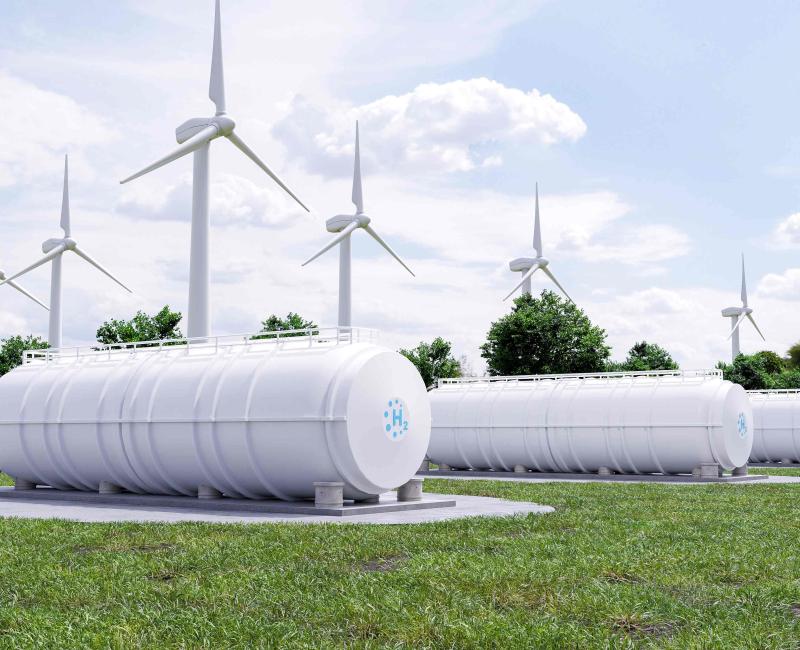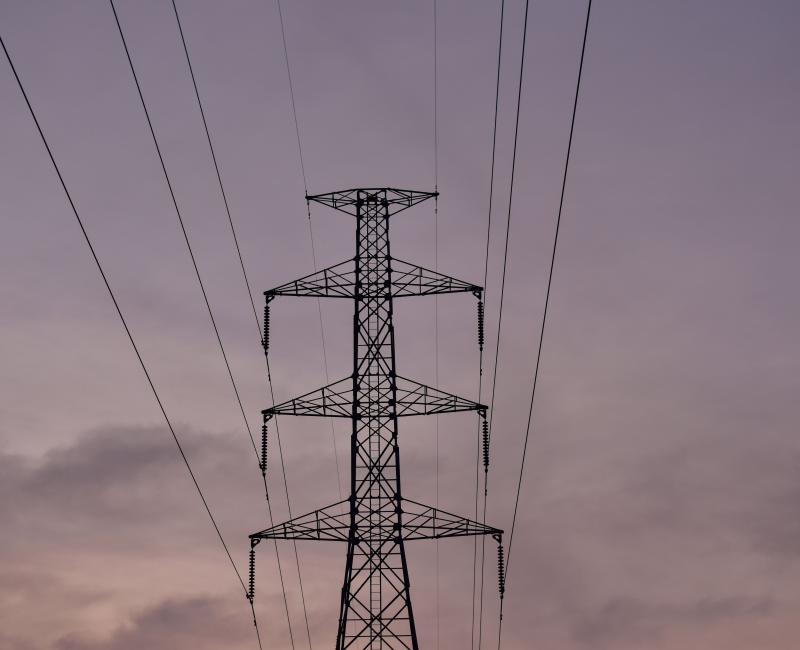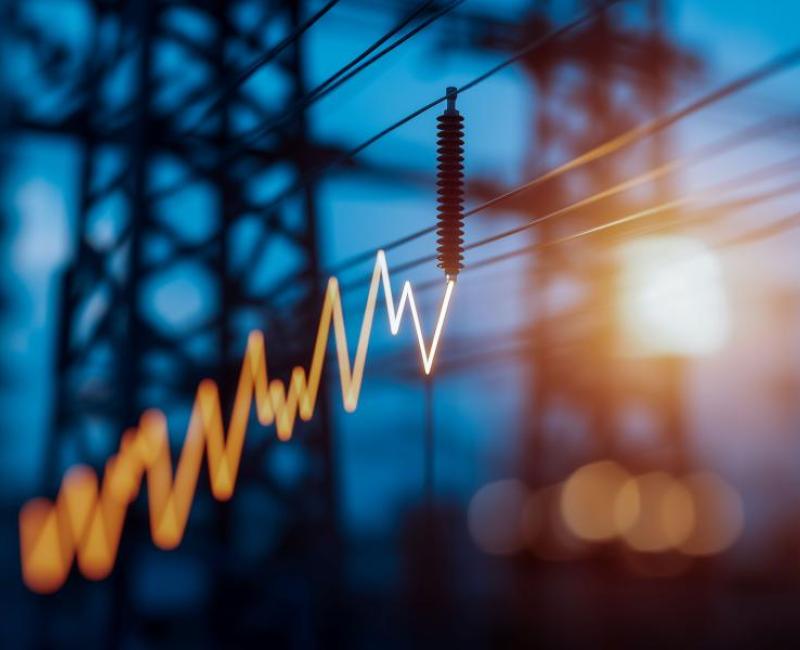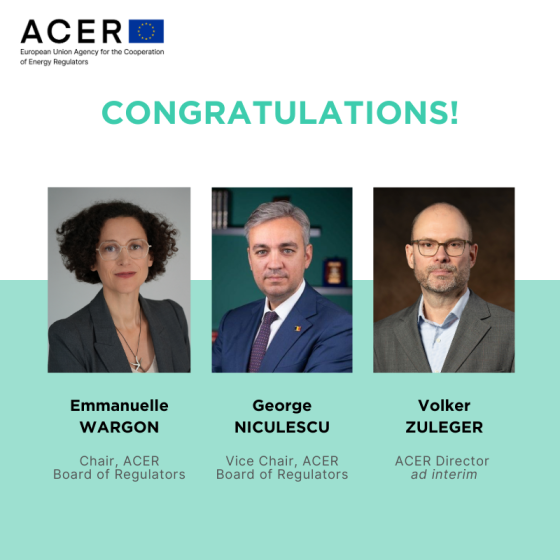ACER to decide on amending the methodology for procuring electricity balancing capacity
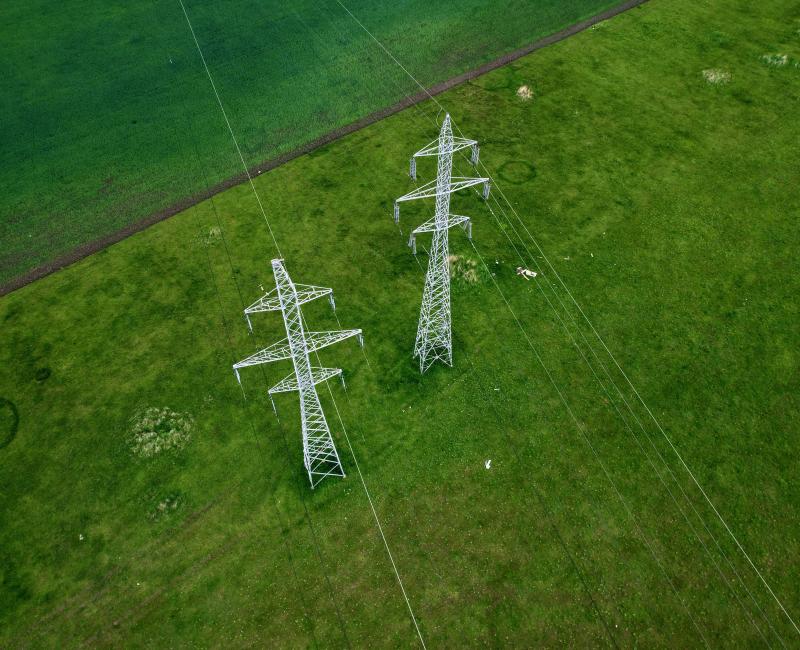
ACER to decide on amending the methodology for procuring electricity balancing capacity
What is it about?
On 26 September 2025, ACER received a proposal from the European Network of Transmission System Operators for Electricity (ENTSO-E) to amend the methodology for the regional procurement of balancing capacity.
What is the methodology about?
Transmission system operators (TSOs) must always keep the power system in balance. TSOs usually procure the balancing capacity needed at national level, but to lower procurement costs, they may opt for utilising available voluntary balancing bids from other countries (e.g. made available when local capacity exceeds national needs). If transmission capacity is expected to be available across bidding zones during balancing, these bids can also be used to reduce balancing capacity needs.
The methodology for the regional procurement of balancing capacity enables regional coordination centres (RCCs) to evaluate how voluntary balancing bids can be utilised effectively across borders. Following this evaluation, regional coordination centres provide TSOs with recommendations to reduce the volume of procured balancing capacity, hence utilising the flexibility of the EU electricity system.
Why amend the methodology?
As requested by ACER, European TSOs propose to update the reliability parameters used by regional coordination centres to assess the availability of cross-zonal capacity and voluntary balancing bids. This is important as reliability parameters need to reflect the most relevant data, enabling TSOs to procure balancing capacity efficiently, and at the same time managing their operational risks. This change should foster a more transparent and coordinated process and improve the balancing of EU power system.
What are the next steps?
ACER will decide by 5 January 2026. Update: ACER published its Decision on from 15 December 2025.
Interested parties may submit comments or questions to ACER-ELE-2025-009@acer.europa.eu by 31 October 2025.

